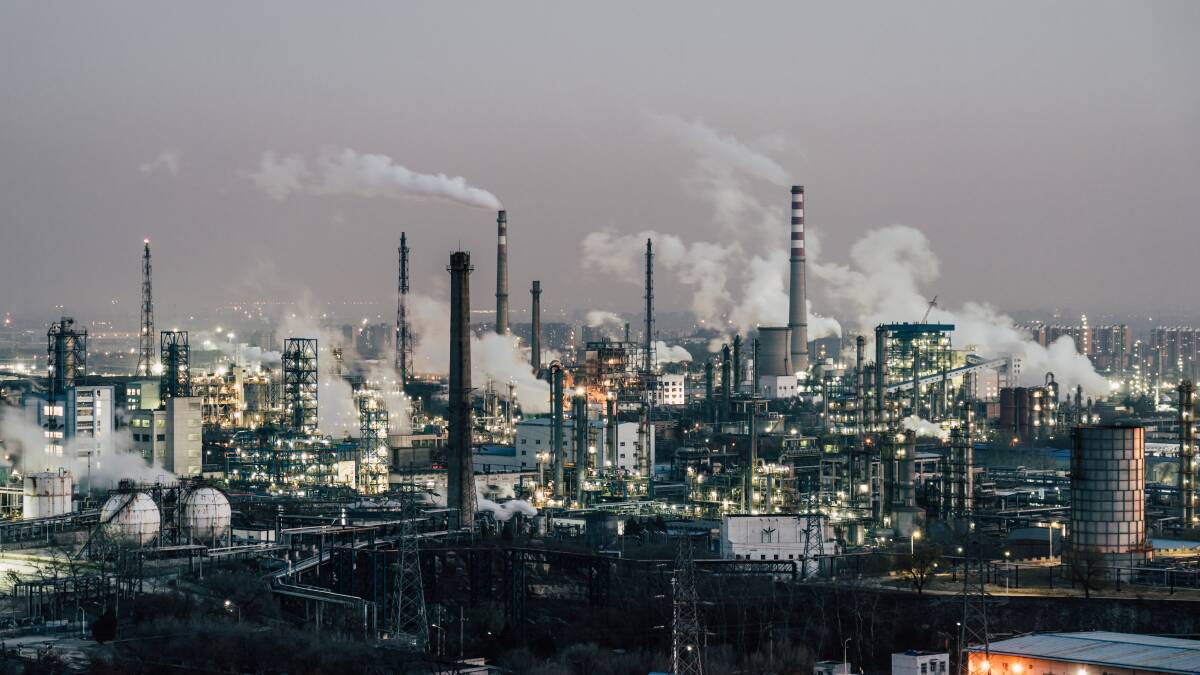Sustained higher petrol prices will persist if additional sanctions are slapped on Russia following its invasion into Ukraine, analysts warn.
Australian consumer will see higher prices entrenched within the fuel cycle if the full force of economic restrictions are placed on Russia exports and commodities.
Price forecasts exceeding a $US100 per barrel are being touted, sparking wider ramifications on inflationary pressures within the economy.
Commonwealth Bank commodities researcher Vivek Dhar told The Canberra Times, the unfolding crisis in eastern Europe was placing additional pressure on global oil supplies which were cut by OPEC in 2020 following the demand collapse from the onset of the pandemic.
He noted OPEC has been adding less than its promised 400,000 barrels per day, suggesting there is constraints within spare capacity and would lead to potential supply shock that would jack up prices.
"This oil market is particularly vulnerable to a supply shock right now," Mr Dhar said.
"In terms of oil prices, the risk is that we go above $100 a barrel as these tensions escalate. The only way we see prices retreat from here is if Russia does not do anything more excessive than what is doing now.
"Having a high oil price will feed into higher petrol prices."

Russian oil reserves equate to around 8 to 8.5 per cent of total global supply.
Sanctions imposed by Australia, United States United Kingdom and the rest of the western allies are yet to fully impact oil and gas commodities.
Prime Minister Scott Morrison on Thursday said Australia's tranche one sanctions would target individuals benefitting from conflict in Ukraine following Russia's decision to send troops into the Donbas region.
"This goes direct to those individuals who are at the heart of this bullying and aggressive behaviour," he said. "It targets their financial interests."
Most recent consumer price index data from the Australian Bureau of Statistics showed higher fuel prices where a contributing factor to Australia's rising inflation rate, with petrol prices in the December quarter of 2021, 32.3 per cent higher than prior corresponding period.
Mr Dhar said embedded higher fuel costs will put upward pressure on supply chains and could impact the long-run price of other goods and services.
"The second order effect is we could have those higher prices become embedded in supply chain," he said.
"We would see higher freight costs lead to higher costs for food."
Mr Dhar noted current sanctions placed on Iran were impacting oil supplies. He also flagged the ability to boost output was also constrained globally.
Labor finance spokeswoman Katy Gallagher highlighted rising prices at the bowser would further hinder the cost of living in Australia.
"If this situation deteriorates further, there will be impacts," Senator Gallagher said on Sky News.
"The government should use the levers it has and the powers it has to make sure that across the board, people are getting support when these cost of living prices are increasing, and that should be the focus of any government frankly."
The level of trade between Australia and Russia is relatively low, and Russia sourced only 0.3 per cent of its imports from Australia in 2019.
Russia expert and visiting fellow at the Australian National University Centre for European Studies, Kyle Wilson, said Australian sanctions would likely have an insignificant effect on the Russian economy because of the low level of trade between the nations.
However he said Australia's demonstration of solidarity with other Western nations imposing sanctions on Russia was arguably as important as Australia's sanctions themselves.
"One of the tactics that Vladimir Putin employs is to try to not so much divide and conquer, but to divide and triumph. Anything that he can do to weaken the cohesion between the Western countries is very much in his interest," Mr Wilson said.
"The solidarity, the cohesion, if you like the coalition of the willing, in this case, is very important. And all the members of that coalition appreciate how important it is."
Mr Wilson said Germany's decision to freeze the Nord Stream 2 gas pipeline from Russia was a significant move that would have an impact on both Russia and Germany.
"The big question will be what degree of pain will Russia's major trading partners be willing to accept to sustain these sanctions?," he said.







